We understood, more than 100 years ago, how to teach children so that they would become successful, well educated adults. Did we forget how to teach, or was a decision made to change curriculum to deliberately degrade the educational system? Take over your school boards. Change the curriculum back to what has been proven to work. These people are your employees. Demand results. To save America we must save one child at a time. ~ Rosemary Stein, MD
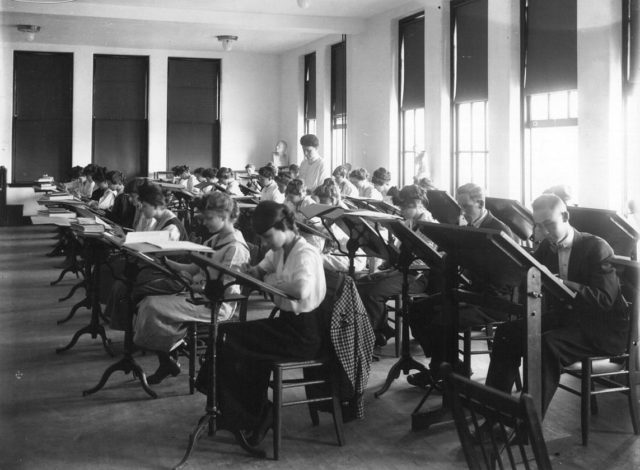 I recently spent an evening with a group of college students. Like most young people their age, they were engaged in their studies and eager to share about semesters spent abroad and future plans.
I recently spent an evening with a group of college students. Like most young people their age, they were engaged in their studies and eager to share about semesters spent abroad and future plans.
But then the topic changed. Instead of talking about pop culture or other common subjects, these young people started discussing… their favorite Shakespeare plays. And not just Romeo and Juliet, either. We’re talking lesser-known ones like Henry IV (part one and two) Julius Caesar, and others. Clearly, these students had received a well-rounded education, not only in college, but in high school as well. Continue reading →
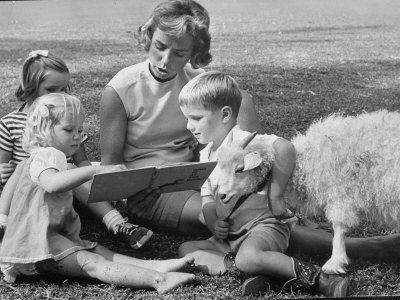

 Although homeschool anecdotes are a dime a dozen, hardcore statistics on this emerging education trend are often few and far between.
Although homeschool anecdotes are a dime a dozen, hardcore statistics on this emerging education trend are often few and far between. I burst out laughing the other day while reading a friend’s Facebook status. He explained that he and his two grade school sons were watching Anne of Green Gables when they came to the part where Anne and Diana have a conversation while standing on a cliff overlooking the sea. The youngest son suddenly blurted out, “Anne better watch out, Diana might push her off the cliff.”
I burst out laughing the other day while reading a friend’s Facebook status. He explained that he and his two grade school sons were watching Anne of Green Gables when they came to the part where Anne and Diana have a conversation while standing on a cliff overlooking the sea. The youngest son suddenly blurted out, “Anne better watch out, Diana might push her off the cliff.”  Everyone expects the first week of school to contain some hiccups. Even though we all know that our children are perfect angels and would never give their teachers trouble, the transition to schedules and classmates can also contain behavior problems that mom and dad will eventually hear about.
Everyone expects the first week of school to contain some hiccups. Even though we all know that our children are perfect angels and would never give their teachers trouble, the transition to schedules and classmates can also contain behavior problems that mom and dad will eventually hear about.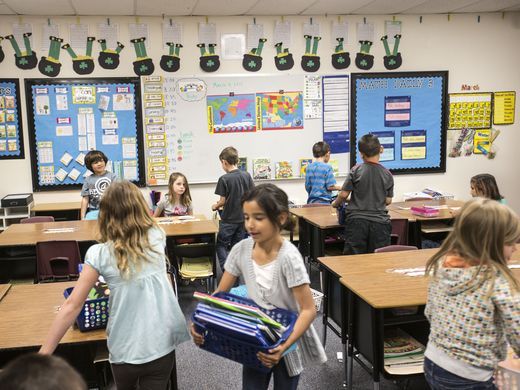 There’s always something thrilling about the start of a new school year or semester. New clothes to wear. Fresh books to explore. New teachers to meet. It’s all become a part of what we call back-to-school and the education experience.
There’s always something thrilling about the start of a new school year or semester. New clothes to wear. Fresh books to explore. New teachers to meet. It’s all become a part of what we call back-to-school and the education experience.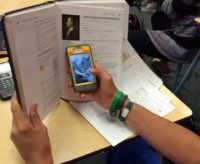 By now, it’s a well-known fact that American adults
By now, it’s a well-known fact that American adults 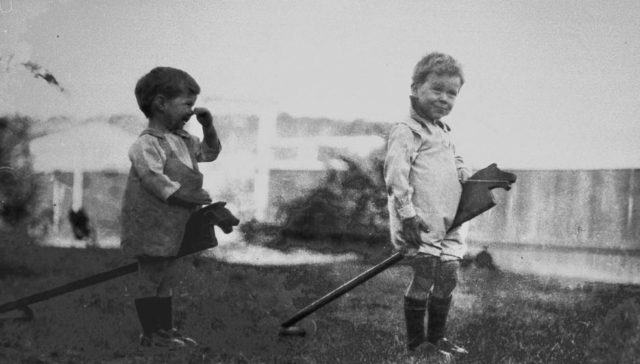
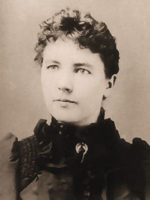
 Last fall we shared a new bit of
Last fall we shared a new bit of  In 2013, the
In 2013, the  In the last several years, Americans have been sensing that something is seriously wrong with the current crop of young people. True, they are likely to have the most education credentials any generation has ever received. They also are technically-savvy, and as such, have a wealth of knowledge at their fingertips.
In the last several years, Americans have been sensing that something is seriously wrong with the current crop of young people. True, they are likely to have the most education credentials any generation has ever received. They also are technically-savvy, and as such, have a wealth of knowledge at their fingertips. I recently spent an evening with a group of college students. Like most young people their age, they were engaged in their studies and eager to share about semesters spent abroad and future plans.
I recently spent an evening with a group of college students. Like most young people their age, they were engaged in their studies and eager to share about semesters spent abroad and future plans.
 The average American is inundated with hundreds of voices every day. Politicians. Talking heads. Entertainment stars. Teachers. Students. The list could go on.
The average American is inundated with hundreds of voices every day. Politicians. Talking heads. Entertainment stars. Teachers. Students. The list could go on.
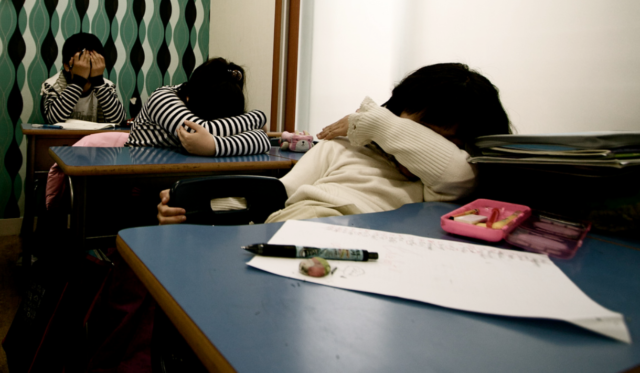
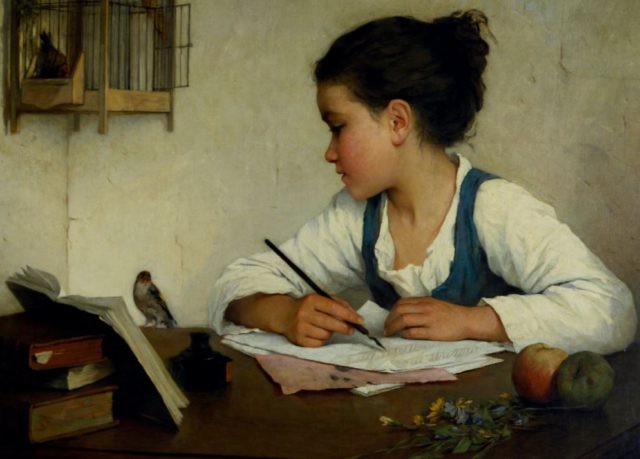 November 6, 2015 ~ Last week the Nation’s Report Card
November 6, 2015 ~ Last week the Nation’s Report Card  I recently dug up a 1908 curriculum manual in the Minnesota Historical Society archives. It provided instructions on everything from teacher deportment to recommended literature lists for various grades. As a book lover, I was especially interested in the latter!
I recently dug up a 1908 curriculum manual in the Minnesota Historical Society archives. It provided instructions on everything from teacher deportment to recommended literature lists for various grades. As a book lover, I was especially interested in the latter!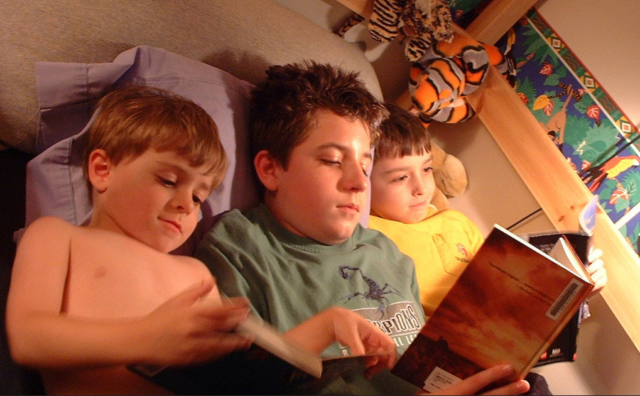 While at a gathering of friends several months ago, I stopped to chat for a few minutes with a twelve-year-old boy whom I’ll call Davy.
While at a gathering of friends several months ago, I stopped to chat for a few minutes with a twelve-year-old boy whom I’ll call Davy.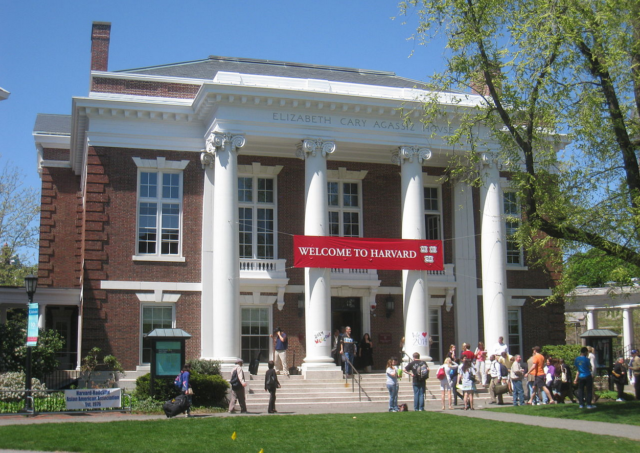 If one was to name a leading institution of higher education in America, Harvard University would definitely be one of the first to come to mind. After all, anyone with the name Harvard on his resume is practically guaranteed an open door to all kinds of profitable careers. The trick, then, is to get into such a prestigious school.
If one was to name a leading institution of higher education in America, Harvard University would definitely be one of the first to come to mind. After all, anyone with the name Harvard on his resume is practically guaranteed an open door to all kinds of profitable careers. The trick, then, is to get into such a prestigious school.